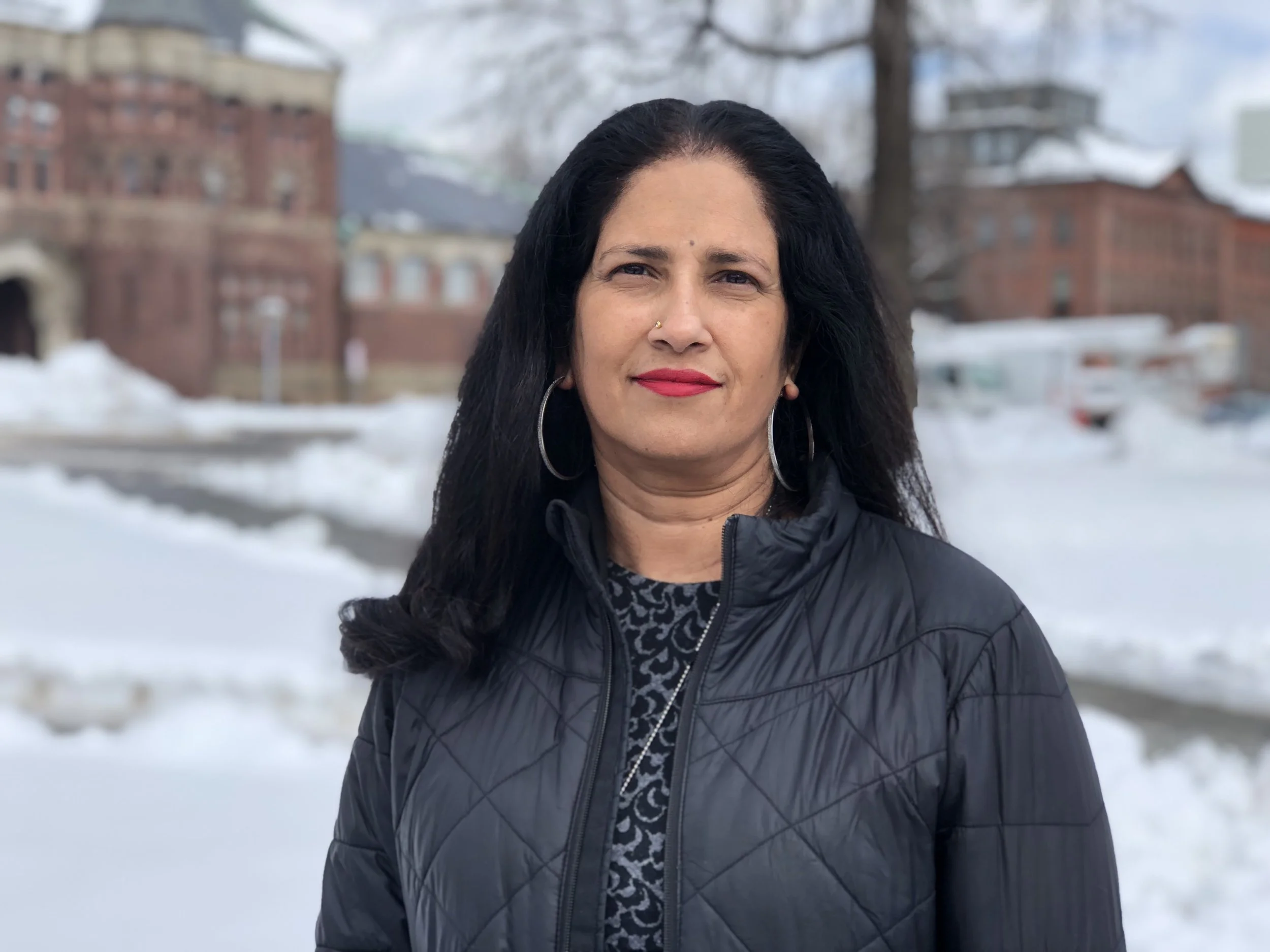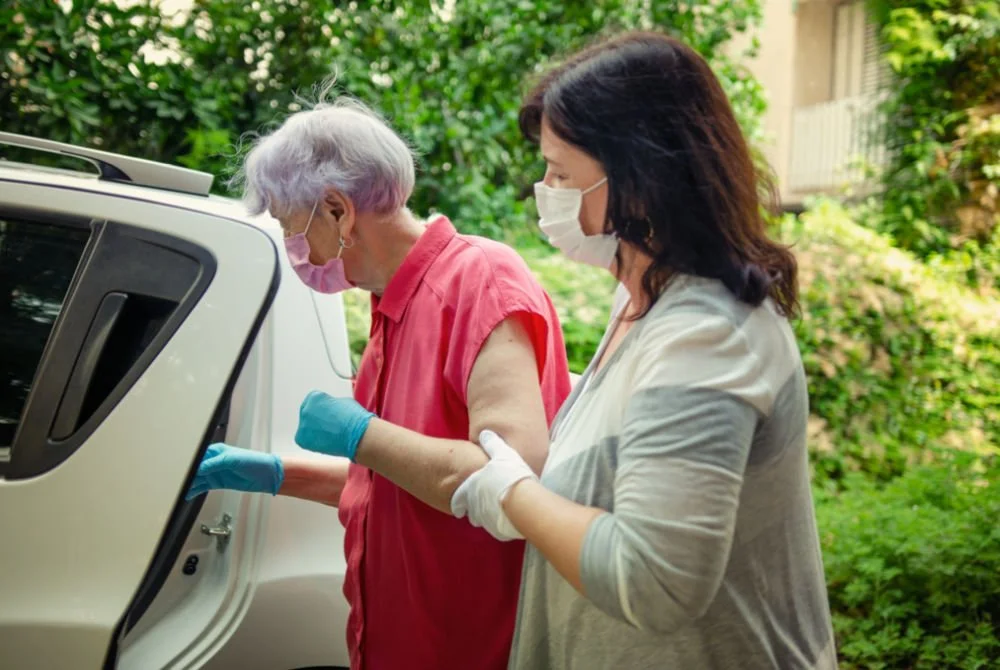Beyond Early Literacy: Rainin Tackles Early Math & Social Development
/It’s always been about the birth-to-third-grade demographic for the Rainin Foundation’s education team, with Oakland kids the main focus. A while back, I spoke with Rainin’s director of education strategy and ventures, Susan True, about the Talk Read Sing initiative, which targets parents as early reading teachers at home.
Related: How Rainin's New Education Initiative Pushes for Parent Involvement at Home
Now, Rainin is going a step beyond early literacy and focusing on early math, as well as the social/emotional development of Oakland kids. True filled me in on how the foundation’s education portfolio is expanding in unprecedented ways.
The program is called SEEDS of Learning, which stands for sensitivity, encouragement, education, development through doing, and self-image support. It’s a highly flexible program targeted at Pre-K and transitional kindergarten teachers, caregivers and families, and the program goals don’t end at early literacy.
Rainin brought this evidence-based program to Oakland last year, and Susan True and her fellow staff have been thrilled with the results so far. They saw 30-point gains in classrooms that participated in SEEDS versus classrooms that did not.
Rainin is always on the lookout for programs and evidence-based practices that bring big results. Double digit gains like this are a huge motivation for the foundation, and a darn good reason to elevate the program to the next level.
Related: IP’s Profile of the Rainin Foundation
This year, True and her team plan to implement SEEDS into over half of Oakland’s Head Start and transitional kindergarten classrooms. Yet while Rainin’s focus remains on Oakland, SEEDS isn’t unique to Oakland or even the Bay Area. In fact, seven states have now adopted the program.
And now, Rainin, always willing to take the lead, will be the first in the nation to incorporate early math and social/emotional development into SEEDS programming. True described this as an expanded version of the program that goes beyond early literacy alone. Under Rainin’s leadership, the foundation has partnered with a number of other organizations on SEEDS, including Oakland Unified School District educators, Raising a Reader, Serve Minnesota, Education for Change Public Schools, the YMCA 21st St. Preschool, St. Mary’s Preschool, and West Grand Head Start.
But despite these shifts and expansions, Rainin certainly hasn’t abandoned its commitment to early literacy. In a more traditional grantmaking sense, Rainin has supported the Oakland nonprofit Literacy Lab. Founded by Mialisa Bonta, this group has taken a book-based program, Bring Me A Book, to the next level by providing access to technology, tracking progress in early reading, and getting parents involved.
True shared that about 60 percent of kids in Oakland who need preschool aren’t getting it, so there’s still a huge need for these kinds of local services. A big goal at the foundation is to build an ecosystem and infrastructure in the city of Oakland to support early literacy. The new mayor has a cradle-to-career vision, and city leaders, superintendents, principals, and teachers are onboard. Rainin supports education on the periphery, too, through programs involving city-wide data systems, leadership development, and parent-child enrichment.
Meanwhile, Talk Read Sing is back up and running and going strong. In support of the initiative, it recently had a “baby shower” for 2,000 Oakland families and expects to serve around 10,000 families with the campaign. For the first time, the Rainin Foundation has begun working with churches and faith-based groups, even awarding grants to churches, to promote Talk Read Sing.
Rainin’s overall education portfolio has grown from around $500,000 for grants in 2013 to closer to $5 million today, and its “ramping up” phase shows no signs of slowing down. The education program is steadily identifying, testing and expanding. However, Rainin hasn’t shown an interest in dabbling in other popular types of education funding, such as boosting high school graduation rates, college access or higher education.
For now, at least, it’s all about the youngsters. And with around 5,000 kids entering kindergarten each year in Oakland, there’s still a lot of potential, here, and some good reasons to stay the course.





































